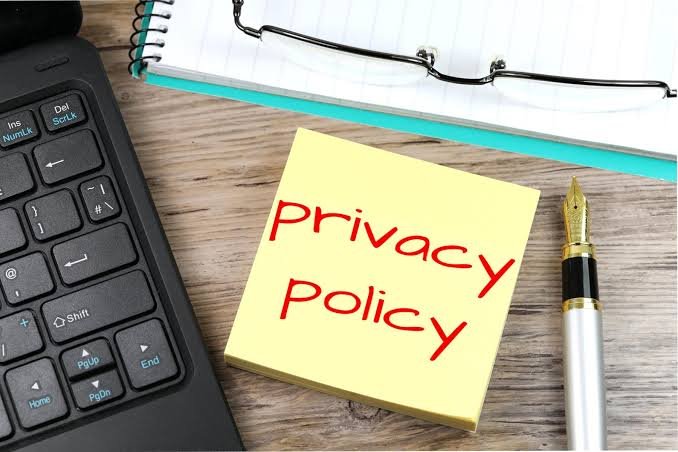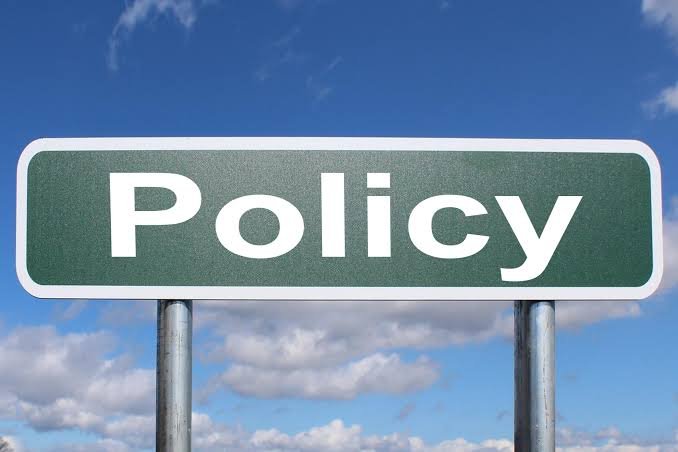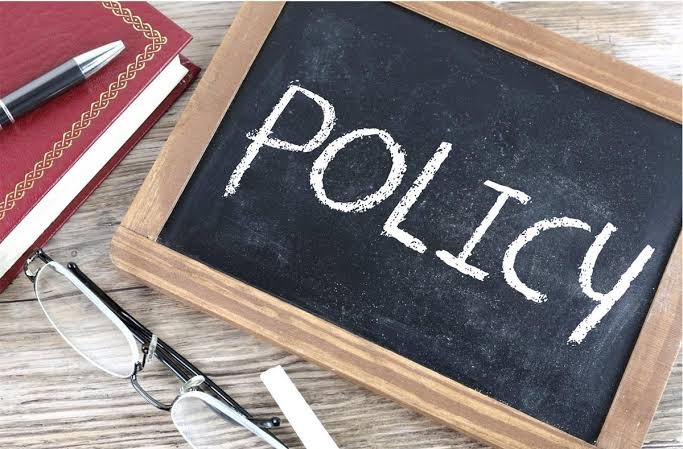Procedure of Policy Formation


Policies are permanent and long term therefore it is necessary that polices should be formalized after a lot of thought process and exchange of ideas. The exchange of ideas is a continuous process. Even after a policy has been decided the process of change and amendment in the policies continues on the basis of experiences, grievances and suggestions. Thus by making the policy flexible efforts are made to make them suitable to the present times. The various steps of policy formation procedure given below make it clearer.
1.The commencement of policy – The process
of commencement of policy can be undertaken by management, employee or a labour organization. In policy formation the personnel department acts like the brain of the company. The alertness of this department lies in drawing the attention of high level managing officials towards the policies before their demand arises and in starting active discussions over the subject.
2.Finding out the facts – the task of finding out
the facts can be handed over to the personnel department or expert advisors. With the help of interviews and meetings this task can be achieved inside the company or outside it. For this task an in depth study of the available literature and the policies and working of other companies is required. The suggestions of all people and classes of people working in the department should be welcomed.
3. To recommend the policy of high level
management – the personnel department reviews the proposed policy of high level management after investigating the facts. The aim of this recommendation is to earn the faith of higher management and get support for the sought policy.
4.To put down the policy in writing – to prepare
the script of the policies is a very difficult task. Finding faults in the written policies, to analyze then in different ways, the different interpretations of the policies by different sections and interests in their own respective sides are some normal things which every written policy, letter of declaration has to face. But it certainly does not mean that the policies should not be penned down. Writing brings clarity and commitment. Also, writing down of policies is the clear proof that the higher management believes in and is committed to the policies.
5.Clarification and critical appreciation of the
proposed policy – the process of discussion and debate overnthe policies begins before it is written down. Before they are scripted the policies are unclear. Once they are scripted the clear form of policies is presented before everybody. Thus in this situation the analysis over the subject not only becomes necessary but also relevant. If the policies arebadopted without prior thought process then the discussion or appreciation which arise later will be destructive in nature.
The aim of the appreciation is to find out –
1.Whether the policies are clearly laid out or not.
2.Whether the policies are acceptable or not.
3.Whether the approach of the policies, programs, modus operandi, principles and rules are uniform or not.
6.Adopting the policy the outline of the
proposed policy which becomes clear after the scripted policy is thought over and discussed it is the l function and responsibility of the higher management to adopt
it.
7.The execution of the policy – after the policy
has been adopted by the higher management it is necessary that it should be executed at the right time and in the right manner. The information about the policies decided by the management should necessarily reach every worker of the organization because it is necessary not only for the fulfillment of the decided aims but also for their correct implementation and removal of various doubts. Thus the personnel department should adopt such a system by which policies are communicated to each and every worker of the organization. For this the mediums that can be used are the employee hand book and the oral explanation and clarification of the first line officer.
8.To administer the policy – the actual form of
the policy becomes clear only after its use and administration.How do the workers, labour union and sub- ordinates understand the policy and comprehend it becomes clear by the way they use it.
9.Review – this is the stage of testing the policy.
At this level it is determined whether the policies have been successfully implemented or not and whether the policy is proving appropriate in accordance with the aims of theninstitution or not. The information about the defects in the policies and how far the policies are faulty is collected by the first line observers. Thus the views of first line observers are the most important. They should be respected.Information about the use of the policies and their defectsnshould be collected from the observers.
10. The evaluation of the existing policies – if the
communication system in a company is free and both ways then the task of evaluation becomes very simple. Managers should make efforts to collect information about the reaction to the policies from all. If the policies pass the test of time and utility they should be strengthened otherwise the necessary amendments and changes should be made in them.
11.Amendment in policies and their reframingAlong with review and evaluation there are other reasons like change in circumstances, change in government policy, change in market conditions, change in the competitors policies, changing field of management etc which require amendments in policies and their re – structuring. Personnel management is a branch of normal management which is volatile and to keep it active amendments in policies and their restructuring keeps happening.




